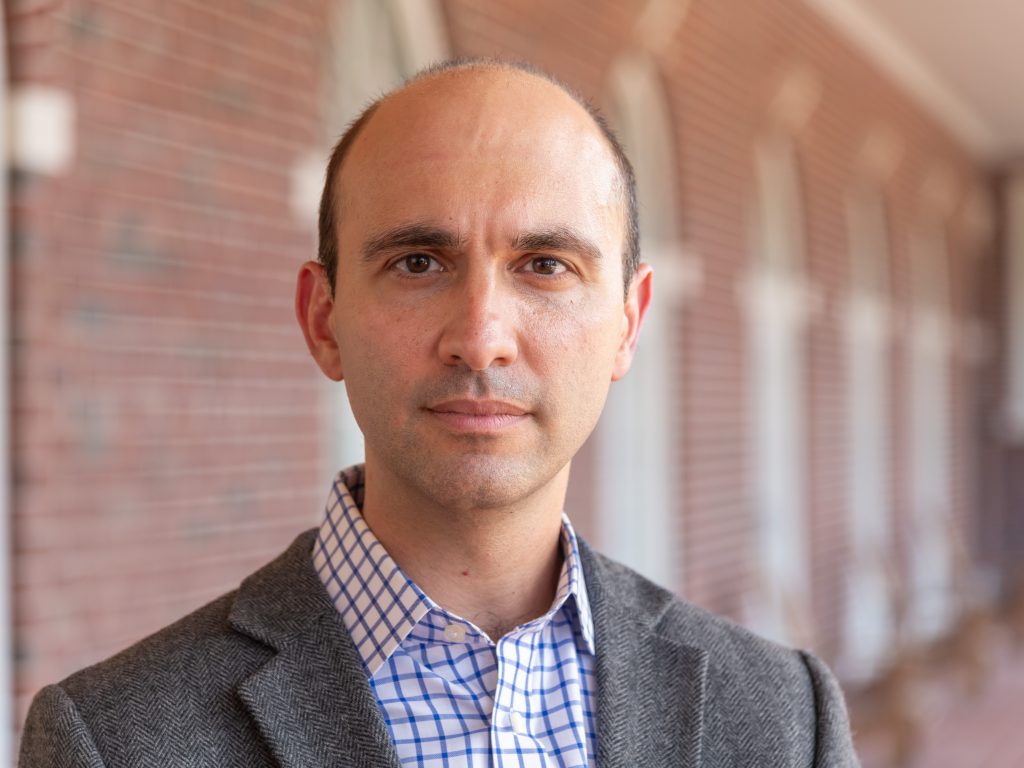New Guest Researcher: Merle Eisenberg

Merle Eisenberg will be visiting PANSOC between 16th of May and 5th of June. He is an assistant professor of history at Oklahoma State University. He is a historian of late antiquity and the early middle ages and a historian of disease, pandemics, and the environment.
The 1918 Influenza Pandemic is supposedly an outlier compared to most historical pandemics because minority groups may have died at a lower rate in some locations.
In Eisenberg’s own words, “my goal at PANSOC is to work with the world leading experts on the 1918 Influenza and its impact based on race and socio-economic status to understand if and where this was the case and why. To investigate this potentially unique outcome, I have been co-running a project at Oklahoma State University entitled “Looking back and moving forward: Designing for disease mitigation among Black American Communities.” It has gathered data on the neighborhood level impact of the 1918 Influenza on the largest cities in Oklahoma to understand the impact of disease on Black and Indigenous communities. We have death records of almost 700 individuals geolocated to geographical locations, which given that Oklahoma was a racially segregated state in 1918, we can use to map deaths based on race to understand differential mortalities. At PANSOC, I will be expanding my work on the impact of pandemics in Oklahoma as a case study to understand the disparate impact of disease based on race and socio-economic status”.
Bio
Merle Eisenberg has co-authored the 2023 book Diseased Cinema: Plagues, Pandemics and Zombies in American Movies, which discusses how the depiction of diseases in movies has changed over the last century and what these changes reveal about American culture. Diseased Cinema analyzes how American movies about infectious diseases have reflected and driven dominant cultural narratives during the past century.
He has several other disease projects underway. The first, “Pandemics and History: the Plague Concept, Disease, and the End of Antiquity,” tracks the development of the Justinianic Plague. It analyzes the plague’s differential impact based on local conditions and investigates how a plague pandemic as a catastrophic myth was created along with its continuing use to the present day, including during Covid. The second with colleagues at Oklahoma State University, “Using socioeconomic, behavioral and environmental data to understand disease dynamics: exploring COVID-19 outcomes in Oklahoma,” received a 3 year National Science Foundation Grant for 2024-2026. As part of this project, he is investigating the impact of the 1918 Influenza Pandemic on populations in Oklahoma to understand the comparative impact of disease on minority populations.
He has also published articles on a variety of topics and disciplinary journals including the American Historical Review, Past & Present, Proceedings of the National Academy of Sciences, Early Medieval Europe, Journal of Late Antiquity, and Speculum (forthcoming). He hosts the podcast Infectious Historians on the history of disease, pandemics and medicine, which has run for over 4 years and has now released over 120 episodes.
